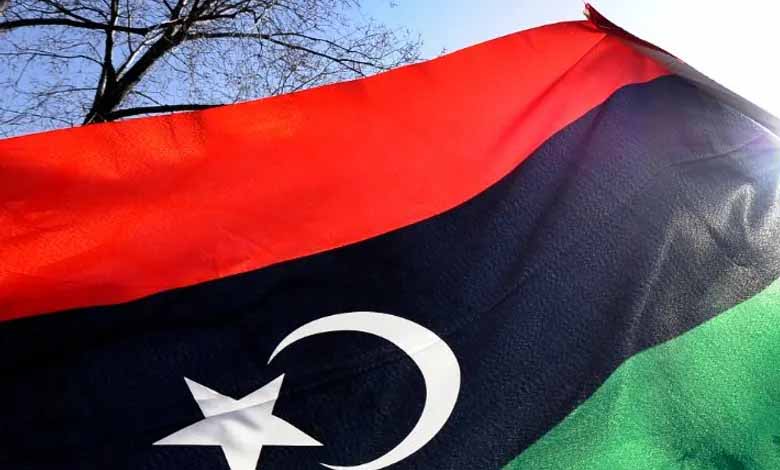Libya Is One Step Away from Deciding on Positions of Sovereignty – Details

In a step that Libyans hope will help move the current deadlock along other tracks, especially with regard to the constitutional base of the general elections, the Libyan High Council of State approved, yesterday, 35 candidates to fill 5 sovereign positions, in preparation for the selection of the House of Representatives for 5 of them as part of an agreement between the two Councils to unify the divided institutions of the state.
This came during a session of the Supreme Council (Parliamentary Consultative Assembly), in which a vote was taken to select 7 candidates for each of the 5 sovereign positions selected by the Council.
Candidates for the post of IHEC president were selected: Salah al-Din al-Hadi, Yahya Ghaith, al-Aref Khojah, Naji al-Sayyed, al-Aref al-Tayar, Faraj al-Suwaiei and Mohammed Hedaih, according to a council statement.
As for the deputy governor of the Central Bank, Suleiman Al-Azabi, Abdul Majeed Al-Maqouri, Mohammed Bin Youssef, Mokhtar Al-Taweel, Saad Al-Ayadi, Milad Al-Sahili, and Sassi Al-Saeh were selected.
Members of the Board also selected Khalid Ammar, Khaled Al-Bibaas, Reda Al-Baraki, Abdul Halim Abu Dahir, Salah Abu Zuwailima, Ayman Al-Saadi, and Ahmad Al-Buzidi as candidates for the position of Deputy Director of the Administrative Control Board.
The National Anti-Corruption Commission appointed Riad Abdel Hadi, Milad Mahmoud, Jazia Al-Mismari, Mahmoud Abu Salloum, Naji Boraiqa, Ayman Al-Gamati, and Idriss Moussa as its deputy. The High Council of State did not set a date for referring the names of these candidates to the Council of Representatives.
In line with the Supreme Council, the House of Representatives earlier appointed a new Chief Justice and Attorney General.
The renaming of those in positions of sovereignty is one of the tracks of the negotiations to resolve the Libyan crisis that have been conducted for some time by the parties to the conflict, represented by the House of Representatives and the State Council.
Last week, the State Council approved the proposed mechanism for selecting some holders of sovereign posts.
Under the agreement, Libya’s eastern province of Cyrenaica was given the posts of central governor and administrative oversight board, Tripoli in the west received the posts of high electoral commission (IHEC), attorney general and accounting court, and Fezzan in the south received the posts of head of the anti-corruption commission and chief justice.
They also agreed on the conditions for running for these positions, the most important of which is that they should have only Libyan nationality and not have held previously sovereign positions. The candidacy process for the positions will be open to all Libyans before the files are sorted by the High Council of State and the Libyan Parliament to choose the best and most unanimous candidate.
Last October, the Speakers of the Lower and Upper Houses of the State, Aguila Saleh, and Khaled Al-Mishri, announced in a press conference after the end of a round of consultations they had held in Morocco, their agreement to name two sovereign positions and to complete consultations to agree on the remaining positions and a unified government before the end of January 2023.
Libya is going through a political crisis represented in the presence of two governments, the first is mandated by the House of Representatives headed by Bashagha, and the second is the unity government headed by Dbeibeh, who refuses to hand over power except to a government that comes through a new elected parliament, despite the end of his term last June.
The UN is sponsoring negotiations between the House of Representatives and the State Council to agree on a constitutional basis leading to elections. However, those negotiations were stalled because the two chambers disagreed on the conditions for running in the presidential elections, especially the eligibility of military personnel and dual nationals, resulting in a political stalemate.












